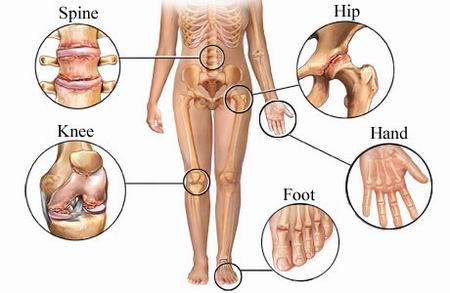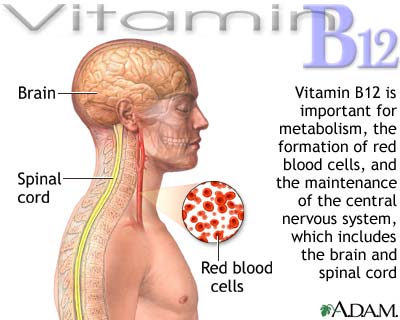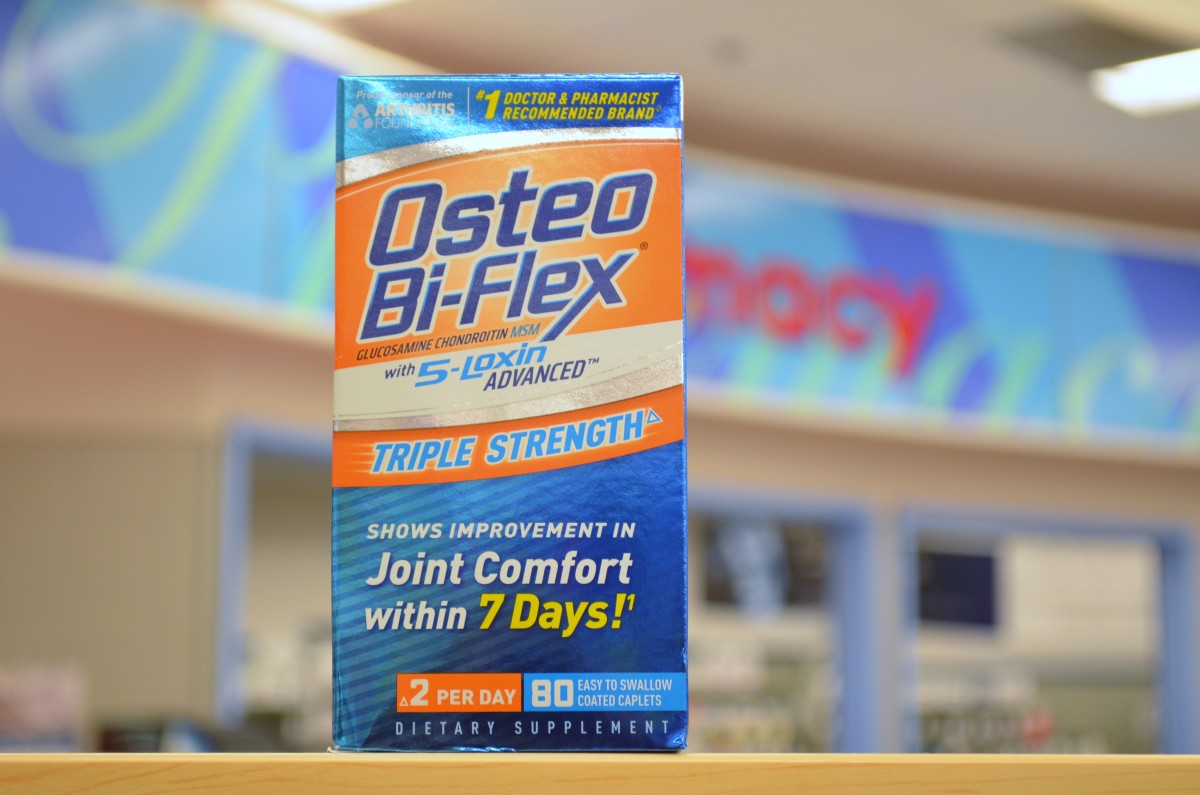What Else Besides Glucosamine versus Chondroitin Can Help Arthritis


What is Arthritis?
If you are suffering from arthritis you will certainly know what it is, but generally speaking it is the deterioration of joints through many different factors including, injury, disease, or simply wear and tear as people get older. This deterioration results in the degeneration of cartilage tissue which causes inflammation, pain and stiffness in the affected joints with the end of the bones rubbing together and, in some cases, spurs form on the end of the bone.
There are a variety of types of arthritis which affect millions of people, but osteoarthritis and rheumatoid arthritis are among the most common forms and, unfortunately, there is currently no cure for it. Therefore, the primary treatment for arthritis is to reduce the pain and the inflammation associated with the disease so that a sufferer can cope with the condition better.
Two of the most popular remedies for treating joint pain caused by arthritis are Glucosamine and Chondroitin, which are naturally occurring substances in the human body which help with the task of rebuilding cartilage tissue and reducing pain and inflammation which, in turn, reduces the stiffness that occurs in the affected joints. However, there has been relatively little research conducted to establish the real benefits of these dietary supplements in the treatment of arthritis and some studies have concluded that they have very little benefit if any. Both Glucosamine and Chondroitin are believed to be very slow-acting treatments and so further research will have to be conducted, preferably over a number of years, to get a truer picture of the effect that these two dietary supplements may or may not have.
In the meantime, those people who are not fully convinced of the efficacy of Glucosamine and Chondroitin until extensive research reveals the truth, have a variety of alternative treatments that are available to them. These include prescribed drugs such as Codeine and Morphine, Non-Steroidal Anti-Inflammatory drugs (NSAIDS) like ibuprofen, steroids, Physiotherapy and lifestyle change. However, there are other dietary supplements besides Glucosamine and Chondroitin that can be useful in the treatment of the symptoms of arthritis. Later we will take a look at vitamin B12 and arthritis and also how Methylsulfonylmethane (MSM) helps joint pain.
What Are The Benefits of The Alternatives?
Because the treatments for arthritis are not a cure and only serve to assist a patient with pain management, it is likely that individuals will have very different ideas about which of these alternative treatments offer the best results.
1. Prescription Drugs are a very effective way of reducing the pain factor and, as this is the most urgent matter for most sufferers, the fact that they work in a considerably short period of time is very welcome. Therefore, if quick relief from pain is what you are looking for, then prescription drugs, such as Codeine and Morphine, are exactly what you need.
2. Non-Steroidal Anti-Inflammatory Drugs (NSAIDS) are ideal for managing pain without a prescription and can also help to reduce the inflammation that causes the pain; which is something that prescribed pain drugs don’t tackle. NSAIDS include ibuprofen and aspirin, but don’t include paracetemol, because paracetemol does not have the anti-inflammatory properties of the others. Paracetemol can be used to control the pain, however.
3. Steroids, most commonly corticosteroids, are used to tackle joint stiffness from arthritis by reducing the inflammation which is the primary cause of it. This, in turn, serves to reduce the pain and increase the movement of the joint.
4. Physiotherapy is a valuable weapon in the fight against arthritis pain and joint stiffness by keeping the joint healthy, decreasing the pain and improving the joint function.
5. Lifestyle Change need not be a major upheaval and, managed correctly, can make a big difference to arthritis sufferers. The three main lifestyle changes to consider are exercise, diet and adaptability.
a. Exercise – This doesn’t have to be a power workout to be effective and the benefits will apply not only to the affected joints but also to the patient’s overall sense of well-being. The stiffness felt in the joints of an arthritis sufferer is brought on by periods of inactivity and exercise will help with this. It will also help with weight control, will help to build up strength in both bone and muscles and will promote better quality of sleep.
b. Diet – The need for a good balanced and healthy diet is not purely for those who suffer from arthritis, but it has been noted that some foods are particularly good for the condition. Those foods which contain Omega-3 have been identified as being beneficial and include oily fish such as mackerel and salmon, some nuts and seeds including flax seeds and walnuts. The Omega-3 component is good for joint pain and inflammation.
c. Adaptability – Throughout our lives we learn to adapt to different situations and having arthritis is simply a continuation of that process. A good example is employing an aid to open jam pots rather than struggling painfully to do it by hand. Now we are in the twenty first century, labour saving gadgets are more commonplace than ever.
What About Vitamin B12 and MSM?
Vitamin B12 and MSM (Methylsulfonylmethane) are both naturally occurring substances in the human body. Both of these substances are believed to be beneficial in the treatment of arthritis and so deserve closer examination as alternatives to Glucosamine and Chondroitin and maybe as possible enhancements.
a. Vitamin B12 – is an important vitamin which performs vital functions within the body such as synthesizing and regulating DNA, production of fatty acids and energy production. Vitamin B12 is more generally used as a supplement to counter a deficiency of the vitamin in the body. A vitamin B12 deficiency is known to increase the risk of osteoporosis and, therefore, is quite important in maintaining healthy bones by improving the mineralization of the bone. It also inhibits cells in the autoimmune system preventing inflammation and consequently easing joint pain. Although vitamin B12 supplements are available in many forms, such as pills, nasal sprays and injections, it can also be found in everyday foods like pork liver, beef, turkey giblets and crab, but care has to be taken when cooking these foods in order not to lose the vitamin in the process. Vitamin B12 can also be obtained from eggs, milk and other dairy foods as well as cereals and energy bars and drinks. Some very mild side effects of vitamin B12 include headaches, nausea, abdominal pain, skin rashes, diarrhea and possible allergic reaction.
b. MSM – is a lot easier to pronounce than Methylsulfonylmethane and this substance that occurs naturally in the human body also can be found in animals. Some foods like vegetables, grain and fruit are also a source for MSM. The science of MSM will tell you that it is an organic sulphur compound and the body uses this to build connective tissue. Because of its analgesic properties, it can reduce the pain of stiff joints. Although it very rarely causes side effects, the ones that have been observed include diarrhea, nausea, skin rashes and fatigue – in fact pretty much the same side effects as vitamin B12. The similarity ends there as both of these products treat arthritis joint pain in a slightly different way. MSM helps to build connective tissue and also has analgesic properties to tackle the pain further.
Both Vitamin B12 and MSM, therefore, deserve serious consideration in the battle against stiff joints and joint pain associated with arthritis and, because they are naturally occurring substances in the human body, side effects from them are quite rare and when they do happen they are usually quite mild.
What’s The Verdict?
The thing that affects most people with arthritis is the constant pain and reduced movement caused by stiff joints and it is an on-going battle to try to control this. Sometimes medication doesn’t seem quite enough and so dietary supplements are becoming increasingly popular, not least because the ingredients are all natural and also they are much safer than the prescribed medicines, because the side effects are fewer, if any, and milder. Vitamin B12, with its bone building properties and MSM, which helps with connective tissue, are good, naturally occurring compounds which could benefit arthritis sufferers as they try and control arthritic pain and stiffness in the affected joints.
Whilst vitamin B12 and MSM are both potentially good for relieving the symptoms of arthritis, they may be more effective when taken in conjunction with other dietary supplements such as Glucosamine and Chondroitin. All of these naturally occurring compounds have been shown to display properties beneficial to arthritis sufferers and, although further research into them is needed, wil help to ease the pain, reduce the inflammation and give more functionality to the affected joints.
Next Articles
- Are Joint Diseases Causing My Achy Knees?
Learn about Achy knees and remedies. - Which Joints Are Most Commonly Affected By Arthritis?
Learn about two joints most commonly affected by Arthritis. - How To Stop Stiff Joints From Arthritis
Learn about stiff joints from Arthritis. - How Chondroitin & Glucosamine help arthritis
Learn about different forms of arthritis.








